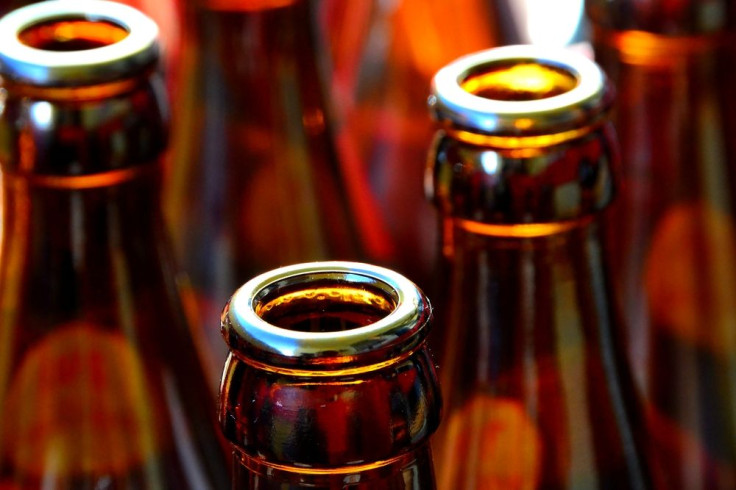Binge Drinking Foretold: Neuroscientists Can Tell Which Teenagers Are More Likely To Hit The Bottle

By studying a teenager’s family history, personality traits, and even brain size, scientists can guess with pretty good accuracy whether that teenager will be binge drinking by 16, according to an ambitious new study in the forthcoming issue of Nature.
"Our goal was to develop a model to better understand the relative roles of brain structure and function, personality, environmental influences and genetics in the development of adolescent abuse of alcohol," lead author Robert Whelan, of the University College Dublin, said in a summary of the findings. "This multidimensional risk profile of genes, brain function and environmental influences can help in the prediction of binge drinking at age 16 years.”
Binge drinking is a serious problem among teenagers. About 4,300 Americans under 21 die each year because of alcohol, said the author of a study out earlier this month. It found that underage drinkers are turning to hard liquor; half of young binge drinkers drink vodka. If the habit persists into adulthood, the danger doesn’t go away. A recent report from the Centers for Disease Control and Prevention found that 10 percent of deaths among 20- to 64-year-olds is caused by “excessive alcohol consumption.”
The authors of the new study wondered whether targeted interventions of kids likely to soon become binge drinkers could stem destructive behavior before it begins. They had already, in a 2012 paper, demonstrated that the way a person’s brain is wired “predisposed some teens to higher-risk behaviors, like experimentation with drugs and alcohol,” the news release said. The new study goes a step further by analyzing more than 40 data points collected from 2,400 14-year-old test participants in different places around Europe. The scientists took pictures of their brains, gave IQ tests, personality tests and blood tests.
When the subjects reached 16, they were surveyed about their alcohol use. Whelan and his colleagues found that their method of predicting binge drinkers was about 70 percent accurate. "Notably, it's not the case that there's a single one or two or three variables that are critical," says Hugh Garavan, a University of Vermont psychiatrist. "The final model was very broad — it suggests that a wide mixture of reasons underlie teenage drinking."
The major predictors were “personality, sensation-seeking traits, lack of conscientiousness, and a family history of drug use,” they reported. Having had a single drink by age 14 also foretold risk-taking behavior, as did stressful life events. They also noted having a larger brain suggested a greater chance of binge drinking. The brain shrinks as it develops, becoming more efficient. Big-brained kids, they said, are less mature.
Source: R. Whelan, H. Garavan. Nature. 2014.



























